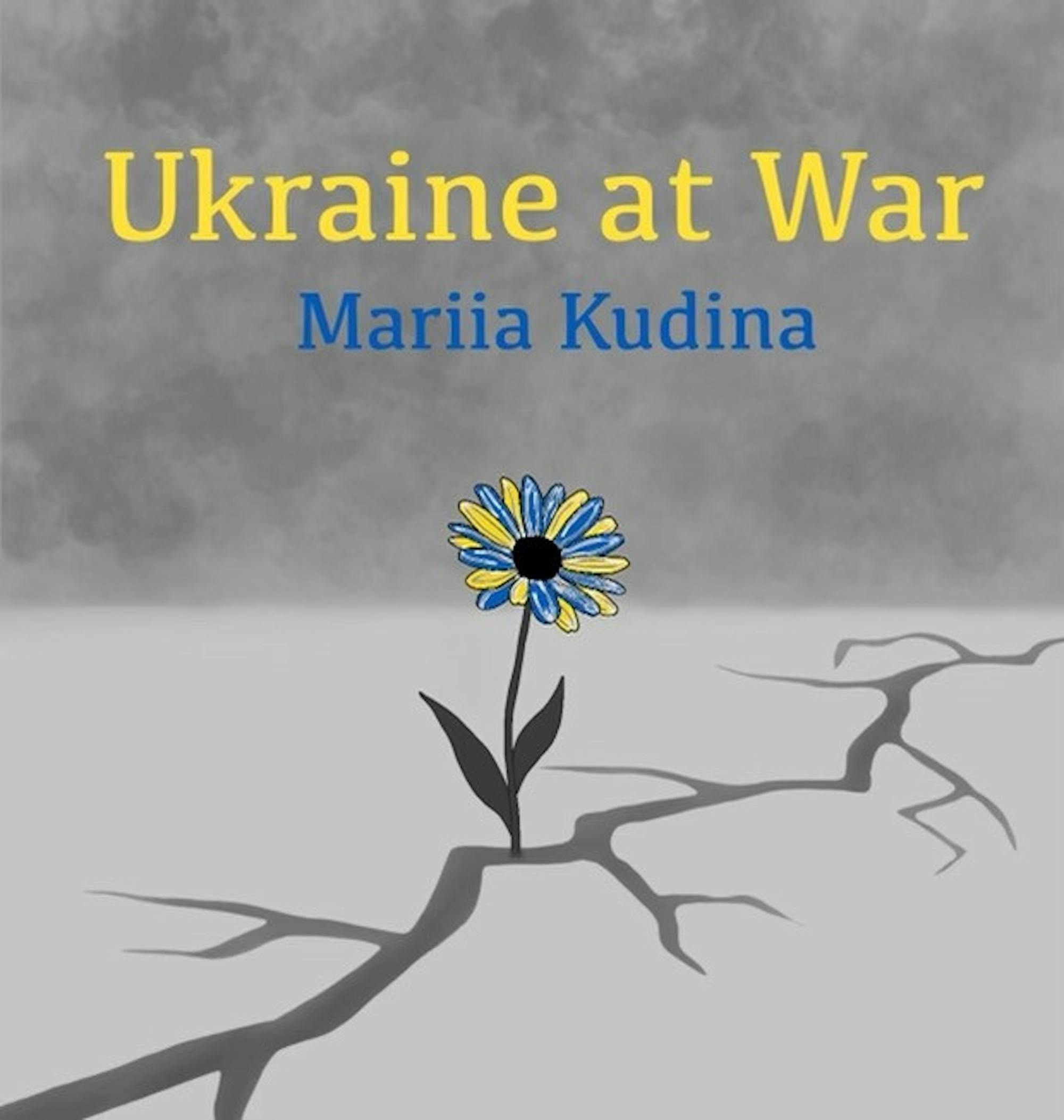Scrolling through chats on WhatsApp the other evening, I saw a poster advertising a Russian tea drinking ceremony that is to be hosted on campus on Friday. The next morning, my mom texted me that she and my younger brother heard explosions caused by a Russian missile during their mid-afternoon walk with our dachshund. While Russia continues to bomb Ukrainian cities, towns and other localities daily, Tufts’ Department of International Literary and Cultural Studies sponsors an event to promote the culture of a nation that commits genocide.
Russia regularly targets civilian buildings in Ukraine — as recently as Saturday, six people were killed and 16 suffered injuries from a Russian missile that hit postal service Nova Poshta. The Kremlin kidnaps Ukrainian children, forcing them to adopt a foreign culture, which is an act of genocide. Russian attacks on crucial Ukrainian infrastructure, such as blowing up the Kakhovka Dam this summer, led to ecological catastrophes with lasting consequences for several regions in Ukraine. Russian soldiers have been repeatedly stealing irreplacable art pieces by Ukrainian artists, stripping Ukraine of pieces of its culture. Attempting to celebrate Russian traditions while being aware of the violence is supporting the demolition of democracy by a terrorist country.
Almost two years into the full-scale war, it comes as a given that every person in Ukraine is under a constant threat of becoming a victim of a Russian attack, regardless of how far from the frontline they are located. Missiles hit seemingly random locations at all times of day. Ukrainians have a very strong will to live and try to find bright moments in our routines to remain sane, to at least some extent. That is the reason why you see people sharing pictures of their breakfasts in Kyiv and sunsets in Kherson Oblast villages on Instagram despite air raid alerts, the proximity of battlefields and heartbreaking news. For many, including myself — I occasionally post images of my art and photos of Bostonian architecture — it is a way to cope with surviving the war and a reminder that we fight to be able to peacefully live regular lives in our country. Yet that does not mean that the war is over. It is in its active phase; if you have any doubts regarding that, I would advise reaching out to your friends or acquaintances from Ukraine and asking about the situation.
In my opinion, it is reasonable to expect a degree of empathy from the Tufts community, as it is a group of incredibly intelligent people. Instead of organizing ‘Russian tea’ gatherings, we should host fundraisers to collect funds to aid Ukraine in defense and recovery. If you wish to organize a cultural event, consider donating to Ukrainian museums to restore the works of art damaged in the aftermath of Russian attacks.






